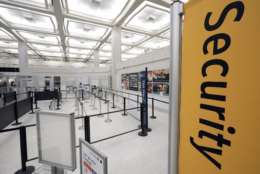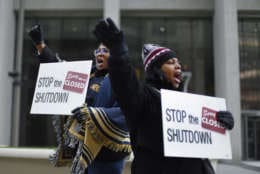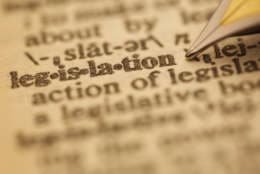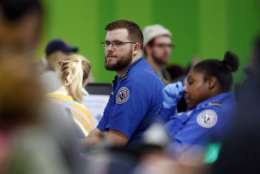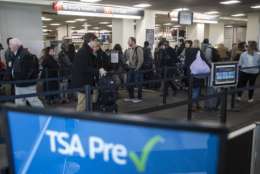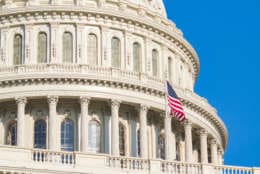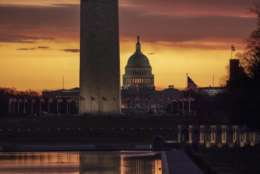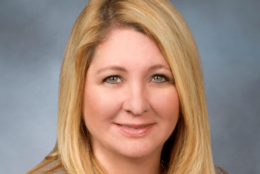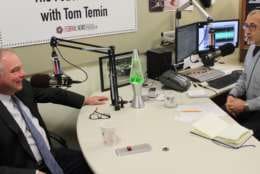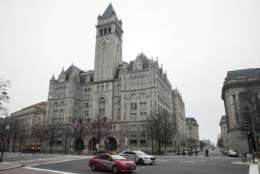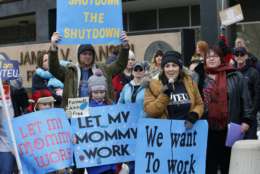Government Shutdown
-
Federal statute instructs agencies use reductions-in-force (RIFs) if employees have been furloughed for 30 days or longer, but regulations don't apply to workers furloughed due to a government shutdown.
January 15, 2019 -
The Federal Aviation Administration said it is calling 2,200 safety inspectors back to work by the end of this week.
January 15, 2019 -
A federal district judge refused to compel the executive branch to find an immediate end to the government shutdown's impacts on excepted federal employees working without pay. The judge's decision maintains the status quo. Other lawsuits challenging the shutdown's legitimacy are still pending.
January 15, 2019 -
In a few weeks Congress will have to agree whether to raise the debt ceiling threatening the next showdown. Yet at least the House has shown some bipartisanship.
January 15, 2019 -
As the record-breaking shutdown continues, here's a comprehensive list of legislation introduced by lawmakers to build resilience in the workforce and combat looming financial hardship.
January 15, 2019 -
In today's Federal Newscast, along with bonuses, the Transportation Security Administration said it can legally pay employees who worked the first day of the shutdown.
January 15, 2019 -
Experts say the Supplemental Nutrition Assistance Program (SNAP) would venture into uncharted territory if a partial government shutdown continued through February.
January 15, 2019 -
The politicians, who are still getting paid, assured civil servants — those forced to stay home and those required to work — they will get back pay someday.
January 15, 2019 -
Mike Hettinger, the president and managing principal of the Hettinger Strategy Group, makes the case for why Congress should consider a 20-year-old bill from former Sen. Pete Domenici (R-N.M.).
January 14, 2019 -
Government shutdowns are the norm today, but it wasn't always that way. A 1980 interpretation of the Antideficiency Act changed the way both the executive and legislative branches handled lapses in appropriations, and they haven't looked back since.
January 14, 2019 -
The long partial government shutdown has had little effect on the flying public. The Transportation Security Administration has received a lot of attention, but what about those the public doesn't see?
January 14, 2019 -
Few contractors ever dreamed the partial government shutdown would start to approach a full month. David Berteau of the Professional Services Council provided some insight.
January 14, 2019 -
Despite the shutdown's duration, Congress was able to get a promise from President Donald Trump to sign a bill guaranteeing federal employees would get paid once appropriations are restored.
January 14, 2019 -
In today's Federal Newscast, Sen. Gary Peters (D-Mich.) wants to know why the National Parks Service reopened the Old Post Office Tower within the D.C. Trump Hotel during the government shutdown.
January 14, 2019 -
Abraham Grungold, a Florida-based U.S. Postal Service employee and financial coach shares his guide for getting through a prolonged government shutdown.
January 14, 2019


